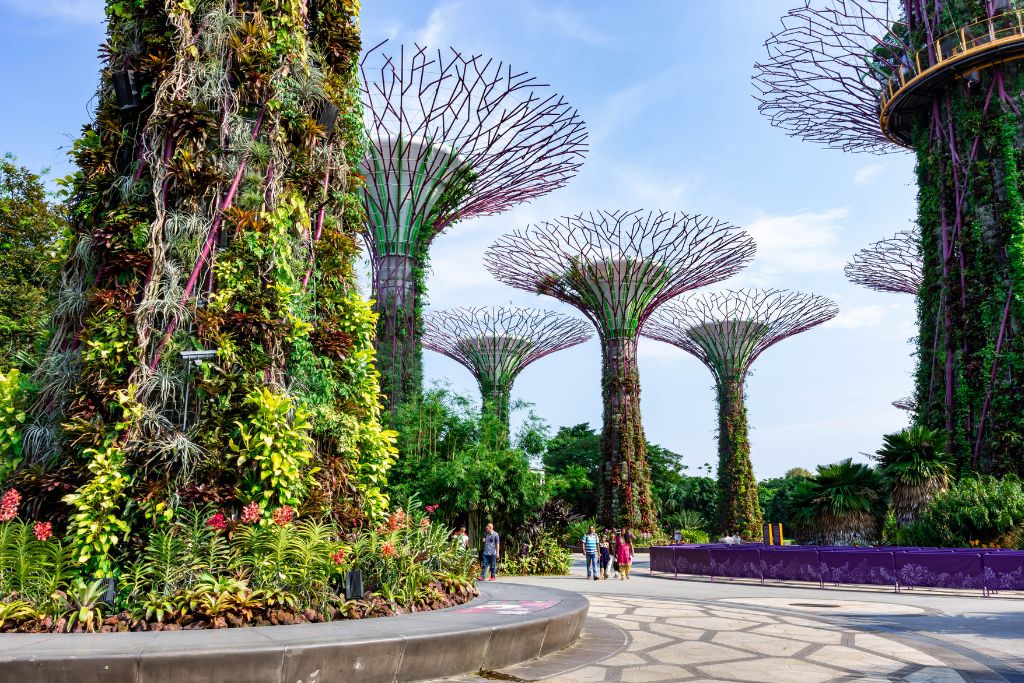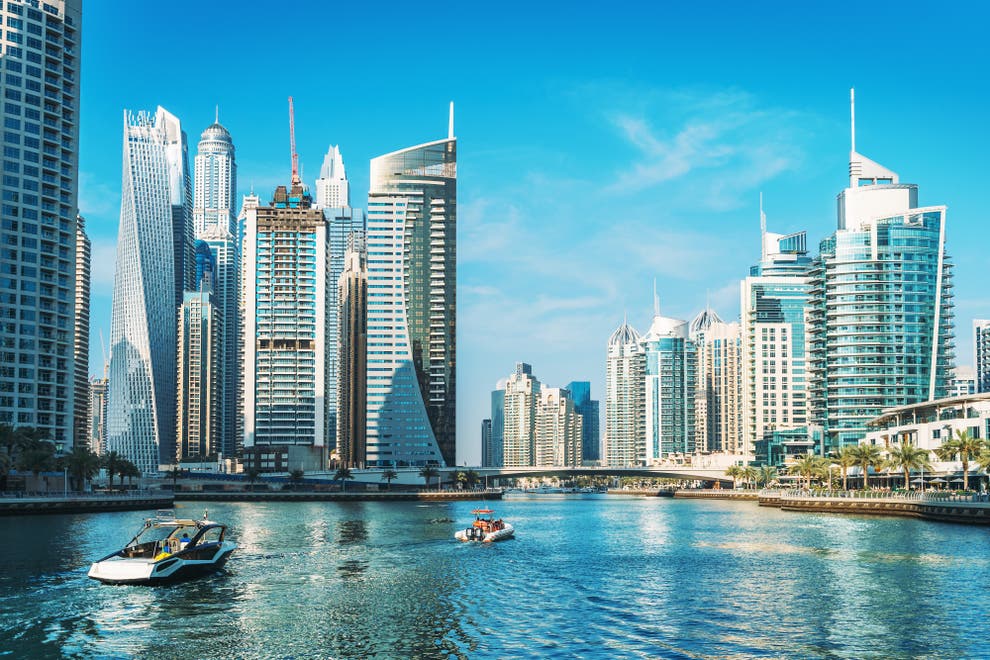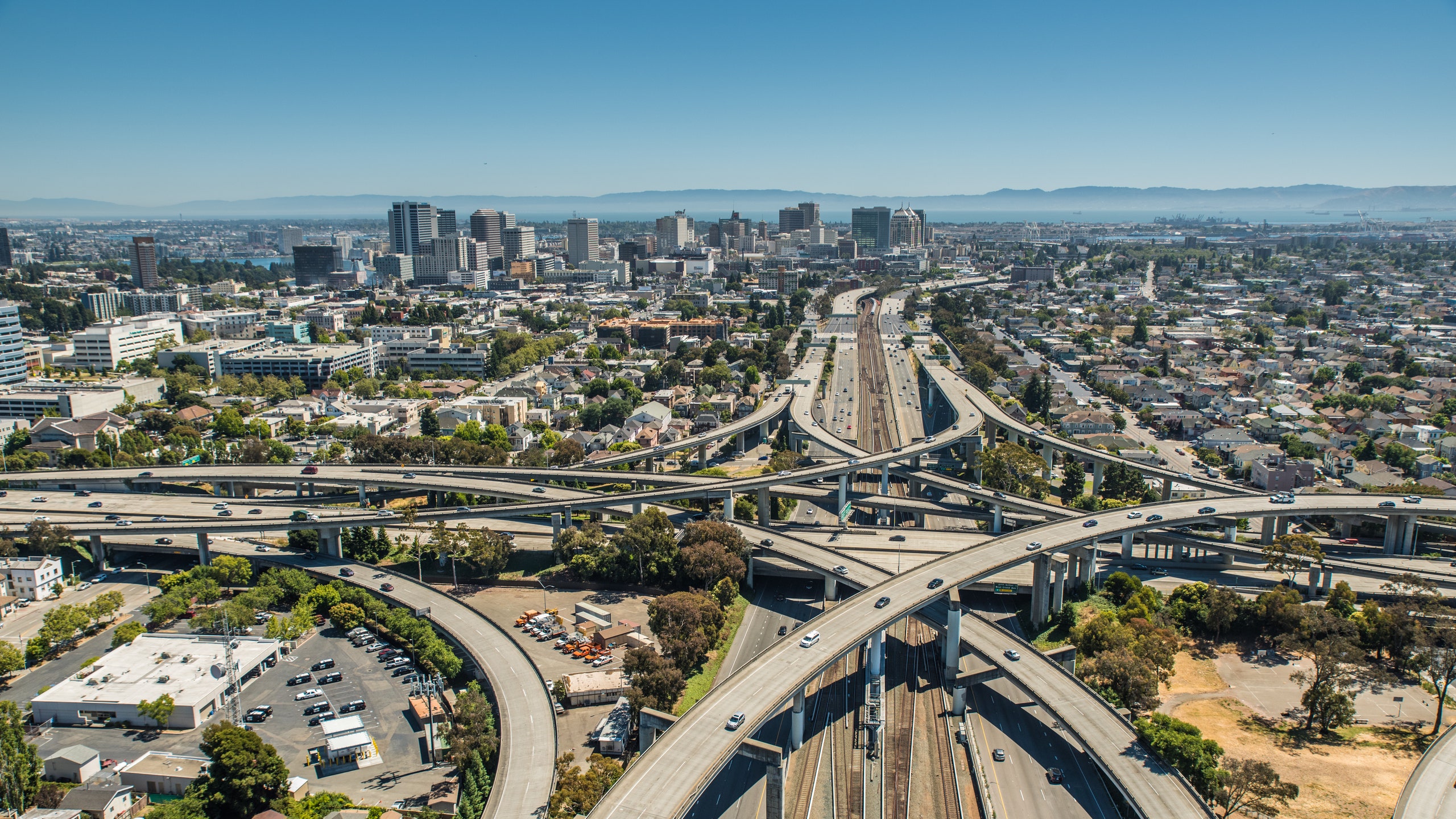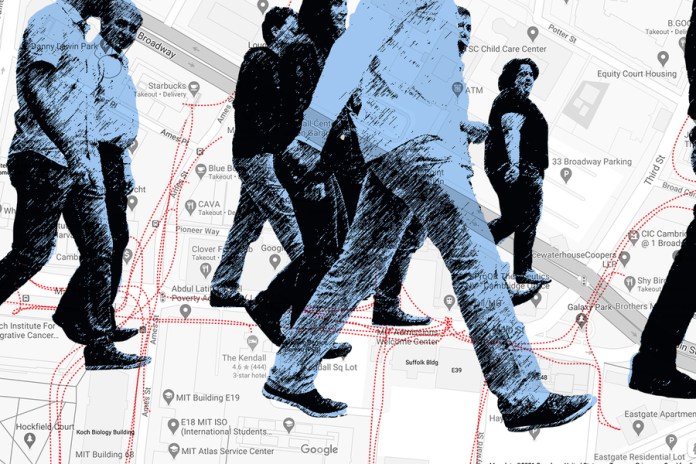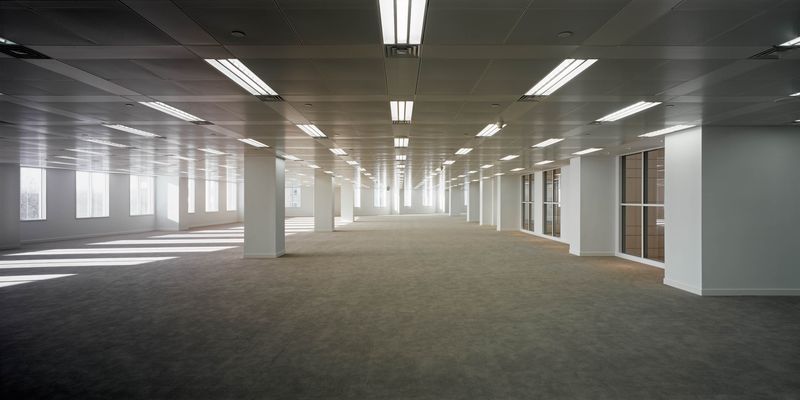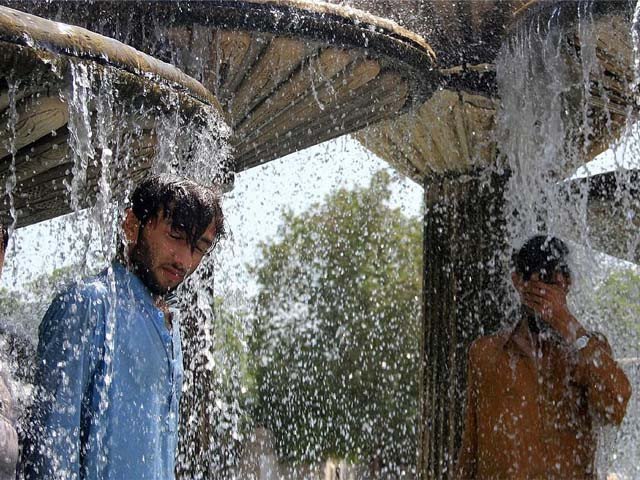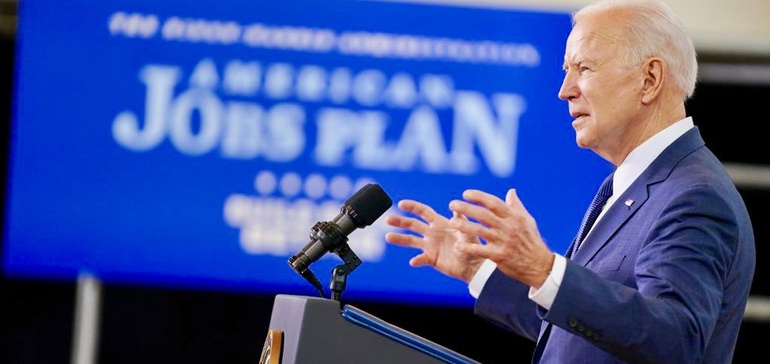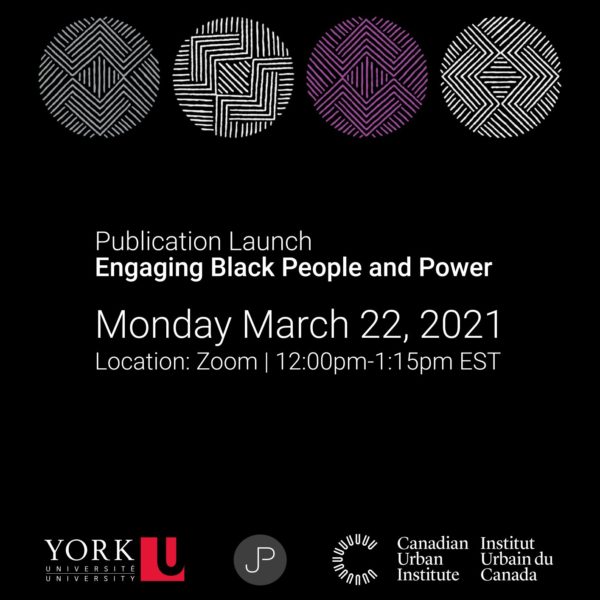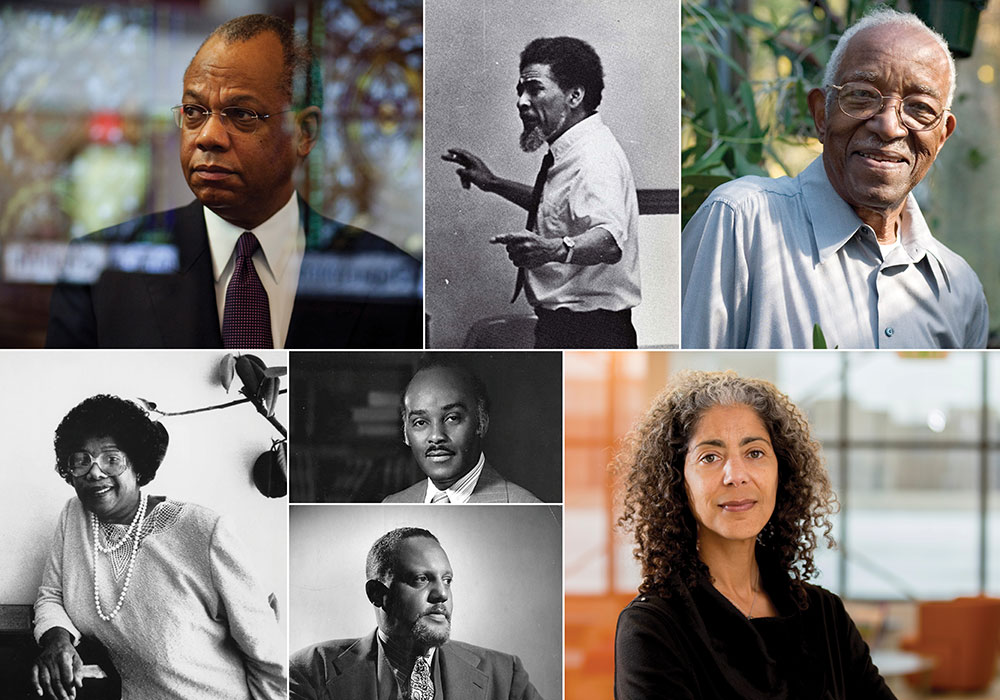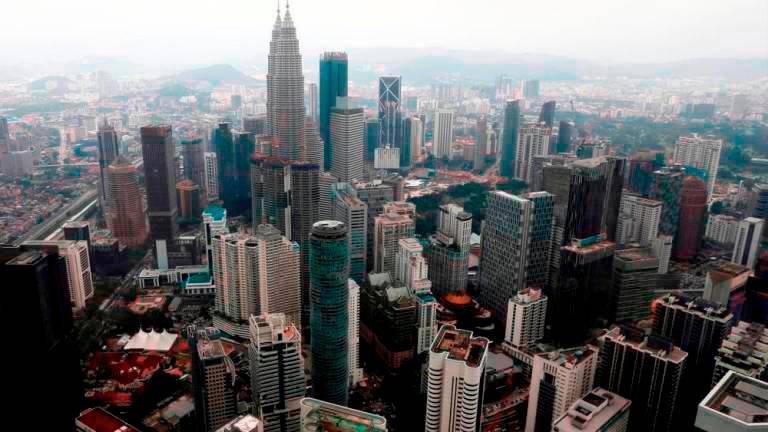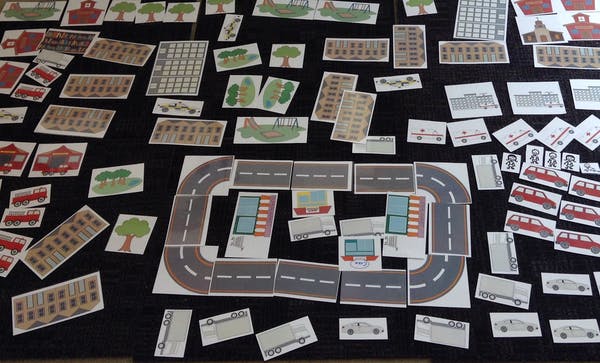
Jakarta’s reputation as the “fastest sinking city in the world” has drawn a frenzy of media documentation of the city through a lens of climate change-driven doom. Reported through gargantuan and often condescending tones (“urbanization gone horribly, horribly wrong!”), these narratives appeal to media sensationalism while disregarding the tactical complexities of heterogenous political economies at play in the industries of climate speculation and aid.
The sinking of Jakarta cannot be considered separately from long histories of water privatization, (neo)colonial development projects, and the politics of trade and investment. Yet reductive media stories often resort to a moralization of the northern, flood-prone districts of the city and their inhabitants as destitute, irreparable, and disposable, failing to recognize the multitude of residents viscerally immersed and actively living in this torrential urbanism.
While international journalists resort to inflammatory representations that perpetuate a stature of disposability and escapism, residents have forged unprecedented alliances, shared in the work of co-producing viable lives among these uncertain futures, and developed forms of collective calculus adequate to their nested and kaleidoscopic predicaments.
+ info: e-Flux






